
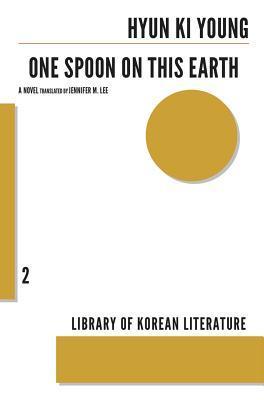
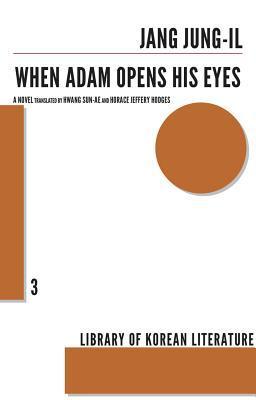
Books in series

Stingray
2006

One Spoon on This Earth
1999

When Adam Opens His Eyes
2013
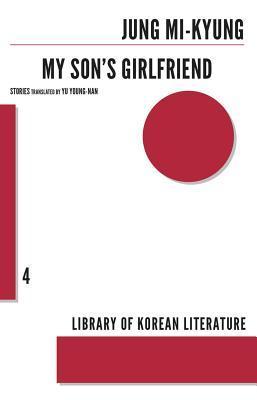
My Son's Girlfriend
2008
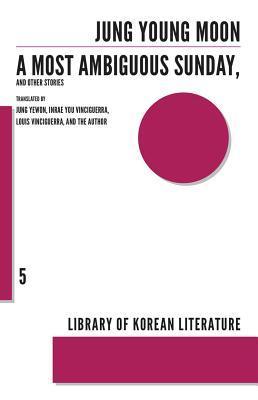
A Most Ambiguous Sunday and Other Stories
2008
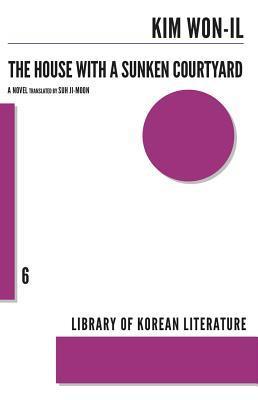
The House with a Sunken Courtyard
2013
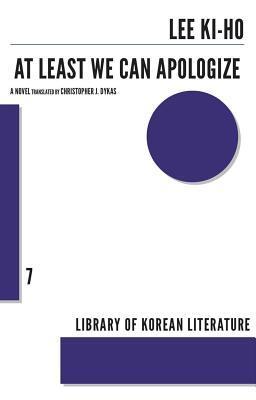
At Least We Can Apologize
2009
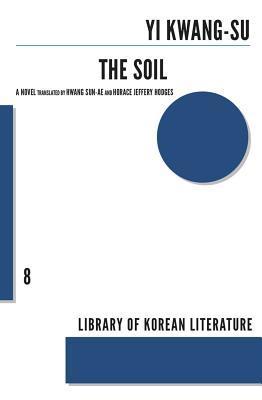
The Soil
2013
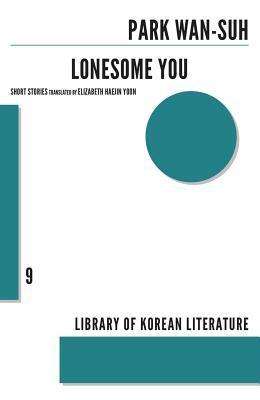
Lonesome You
1998
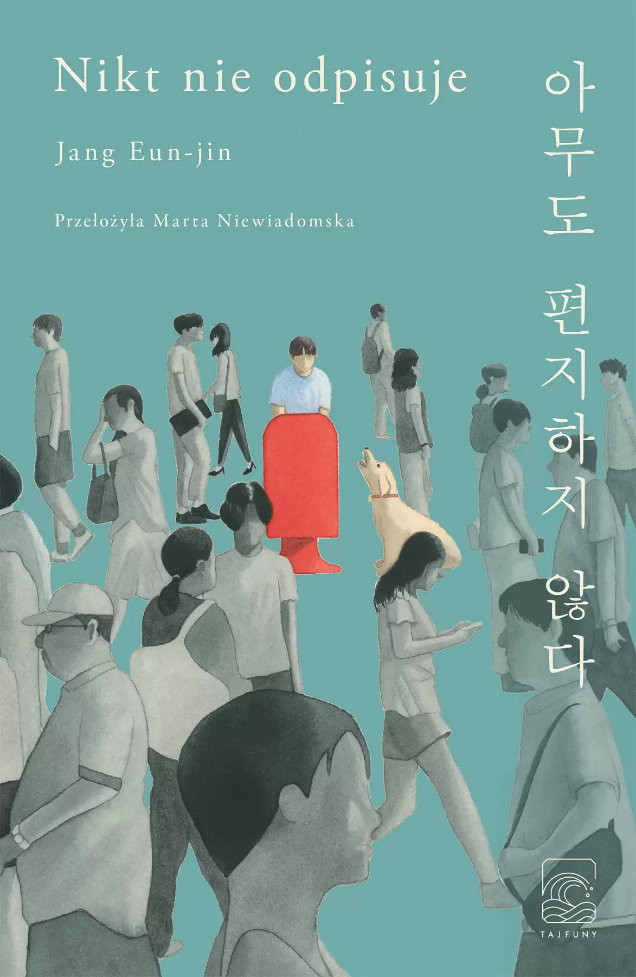
No One Writes Back
2009

Pavane for a Dead Princess
2009
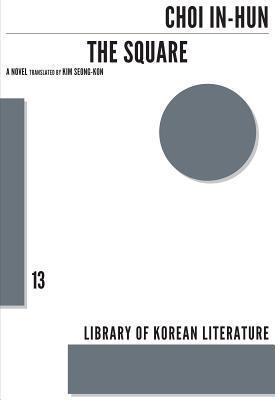
The Square
1960
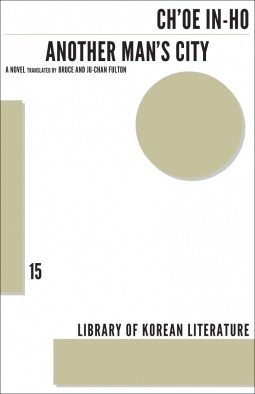
Another Man's City
2011
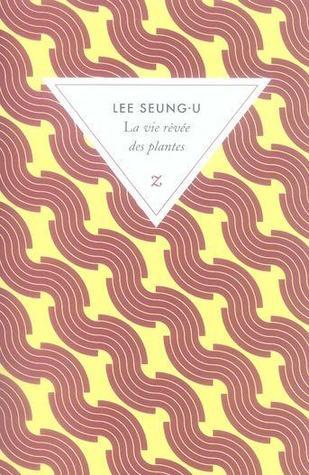
The Private Lives of Plants
2000
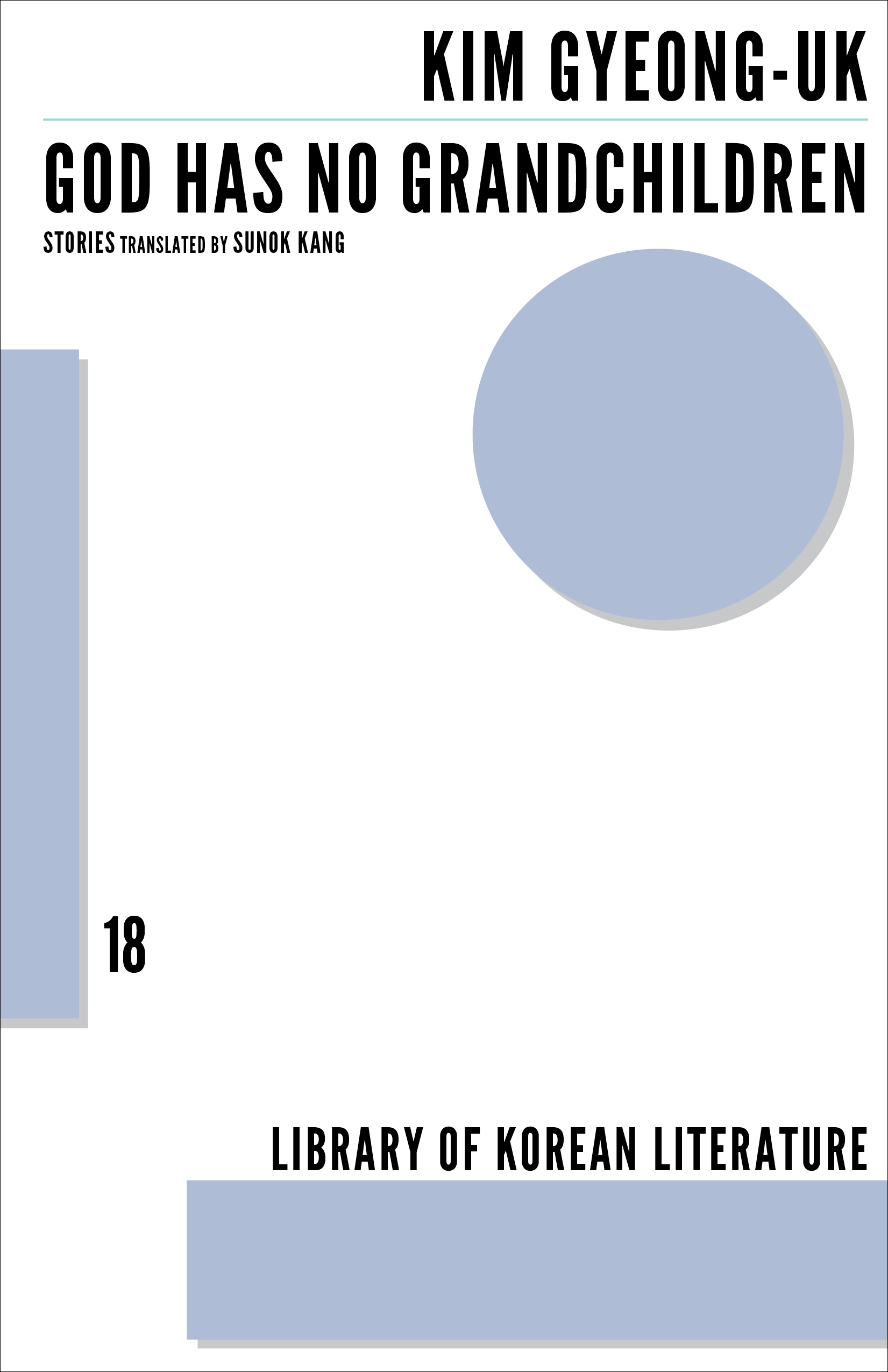
God Has No Grandchildren
2015
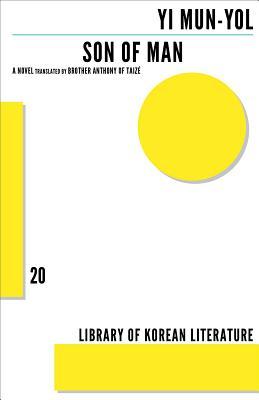
Son of Man
1979
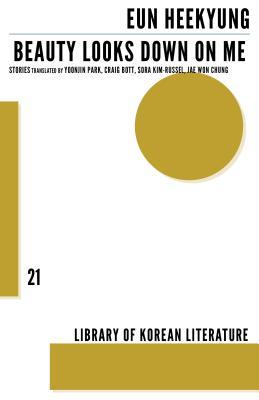
Beauty Looks Down on Me
2007
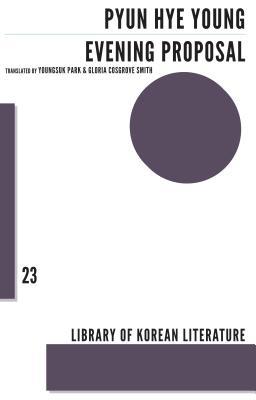
Evening Proposal
2011
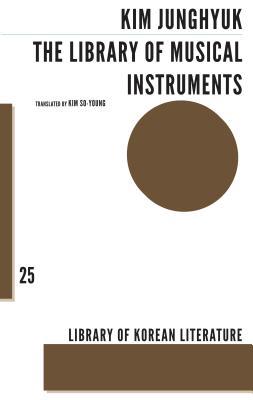
The Library of Musical Instruments
2008
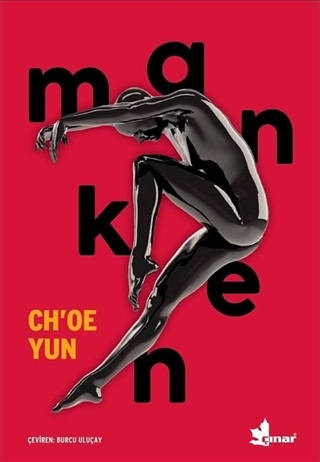
Mannequin
2003
Authors
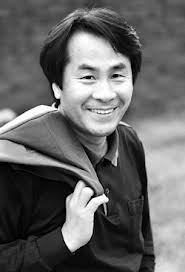
소설가 이승우 1959년 전남 장흥에서 태어나 서울신학대학교를 졸업하였고, 연세대학교 연합신학대학원에서 공부하였다. 1981년 '한국문학' 신인상에 '에리직톤의 초상'이 당선되어 등단하였으며, 소설집 '구평목 씨의 바퀴벌레', '일식에 대하여', '미궁에 대한 추측', '목련공원', '사람들은 자기 집에 무엇이 있는지도 모른다', '나는 아주 오래 살 것이다', '심인 광고'와 장편소설 '에리직톤의 초상', '가시나무 그늘', '생의 이면', '내 안에 또 누가 있나', '사랑의 전설', '태초에 유혹이 있었다', '식물들의 사생활', '그곳이 어디든', '한낮의 시선', '지상의 노래' 등이 있다. 1993년 '생의 이면'으로 제 1회 대산문학상, 2002년 '나는 아주 오래 살 것이다'로 제 15회 동서문학상, 2007년 '전기수 이야기'로 제 52회 현대문학상, 2010년 '칼'로 제 10회 황순원문학상 수상.
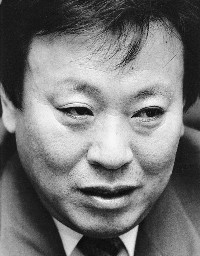
Yi Mun-yol (born May 18, 1948) is a South Korean writer. Yi Mun-yol was born in Seoul, South Korea in 1948, but the outbreak of the Korean War and his father's defection to North Korea forced his family to move about until they settled in Yeongyang, Gyeongsangbuk-do, the ancestral seat of his family. The fact that his father defected dramatically affected his life, as he was seen and treated as "the son of a political offender," and was "passed around among relatives[.] After dropping out of the College of Education of Seoul National University in 1970, Yi Mun-yol made his literary debut through the annual literary contests of the Daegu Maeil Newspaper in 1977, and the Dong-A Ilbo in 1979. On being awarded the prestigious "Today's Writer Award" for The Son of Man in 1979, Yi emerged as the most noteworthy writer of the time. The Son of Man explores the theme of the complex relationship between God and humanity in light of the finite nature of human existence inadvertently cast in infinite universe, through the eyes of the protagonist who is doubtful of the Christian Weltanschauung. From 1994 to 1997, he taught Korean language and literature at Sejong University. Since 1999, he has also served as the head of Buak Literary Center, a residential program for budding writers. He is currently a chair professor at Hankuk University of Foreign Studies. (from Wikipedia) Associated Names: * Yi Mun-Yol * 이문열 (Korean Profile)
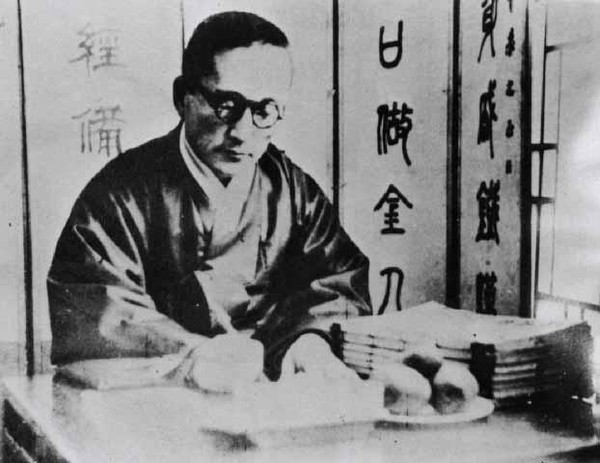
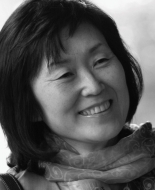
Ch'oe Hyon-mu (born 1953), better known by her pen name Ch'oe Yun (This is the author's preferred Romanization per LTI Korea) is a South Korean writer and professor of French literature. Ch'oe's works are varied, but typically founded in particular political contexts. The Gray Snowman is told by a young woman on the edges of the 1980s’ dissident movement, and Father’s Surveillance and A Voiceless Window show the pain of families split by the Korean War and the sundering of the nation. Ch'oe, however, keeps her lens firmly fixed on the interior lives of her characters, even as they are stuck in the larger web of history. Ch'oe's narrative style, following the twisted inner world of her characters, is often non-realist. Ch'oe frequently uses memory as one of her themes, but refuses to indulge in appeals to cheap sentiment. Many of her works, including There a Petal Silently Falls (1988), Gray Snowman (1991), and Whispers (1993), are semi-autobiographical depictions of the events surrounding the Kwangju Uprising. Her 1994 work The Last of Hanako won the Yi Sang Literary Award. [excerpted from Wikipedia]
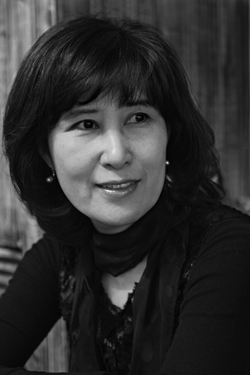
Jung Mi-Kyung (Korean: 정미경; 4 February 1960 – 18 January 2017) was a modern South Korean novelist. Jung graduated from Ewha Womans University with a degree in English literature and in 1987 made her literary debut by winning the drama category of the JoongAng Literary Award. After this, however, she withdrew from literary work for over a decade, re-entering the scene as a novelist, debuting with the short story "The Woman With Arsenic" in the Fall volume of World Literature. Thereafter, she has concentrated on her literary career with great success.

편혜영(片惠英,1972년~)은 대한민국의 소설가이다. 서울에서 태어났으며, 서울예대 문예창작과를 졸업하고 한양대학교 국어국문학과 대학원 석사과정을 졸업했다. 2000년 서울신문 신춘문예에 단편소설 〈이슬털기〉가 당선되면서 데뷔했다. 2007년 단편소설 〈사육장 쪽으로〉로 제40회 한국일보문학상을, 2009년 단편소설 〈토끼의 묘〉로 제10회 이효석문학상을, 2012년 소설집 〈저녁의 구애〉로 제42회 동인문학상을, 2014년 단편소설 〈몬순〉으로 제38회 이상문학상을 수상했다. 현재 명지대학교 문예창작학과 교수(2013~)로 재직 중이다. Pyun Hye-young was born in Seoul in 1972. She earned her undergraduate degree in creative writing and graduate degree in Korean literature from Hanyang University. After receiving these degrees, Pyun worked as an office worker, and many office workers appear in her stories. Pyun began publishing in 2000 and published three collections of stories, Aoi Garden, To The Kennels, and Evening Courtship as well as the novel Ashes and Red. In 2007, To the Kennels won the Hankook Ilbo Literary Award, in 2009 the short story O Cuniculi won the Yi Hyo-Seok Literature prize and then the Today’s Young Writer Award in 2010, while in 2011 Evening Courtship won the Dong-in Literary Award. Her works have several themes including alienation in modern life, an apocalyptic world, and they are often infused with grotesque images. The novel Ashes and Red explores irony and the dual nature of humanity.
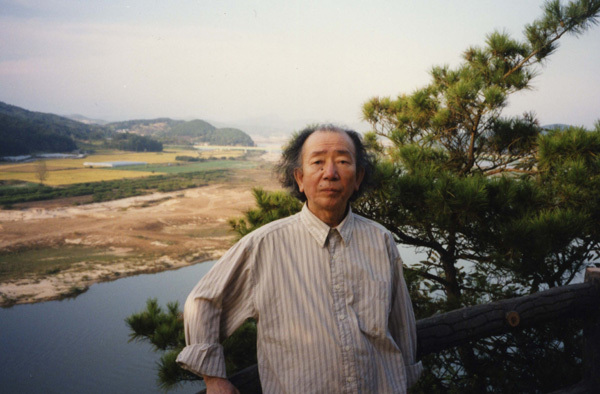
소설가 최인훈 Choi In-hun was born in 1936 in Hoeryong City, North Hamgyong Province, which is now in North Korea. When the Korean War broke out in 1950, he and his family fled to South Korea aboard a U.S. Navy ship. He studied law at Seoul National University, but joined the army without completing his final semester. His began publishing fiction while in the army, and was discharged in 1963. From 1977-2001, he served as a Professor of Creative Writing at the Seoul Institute of the Arts.
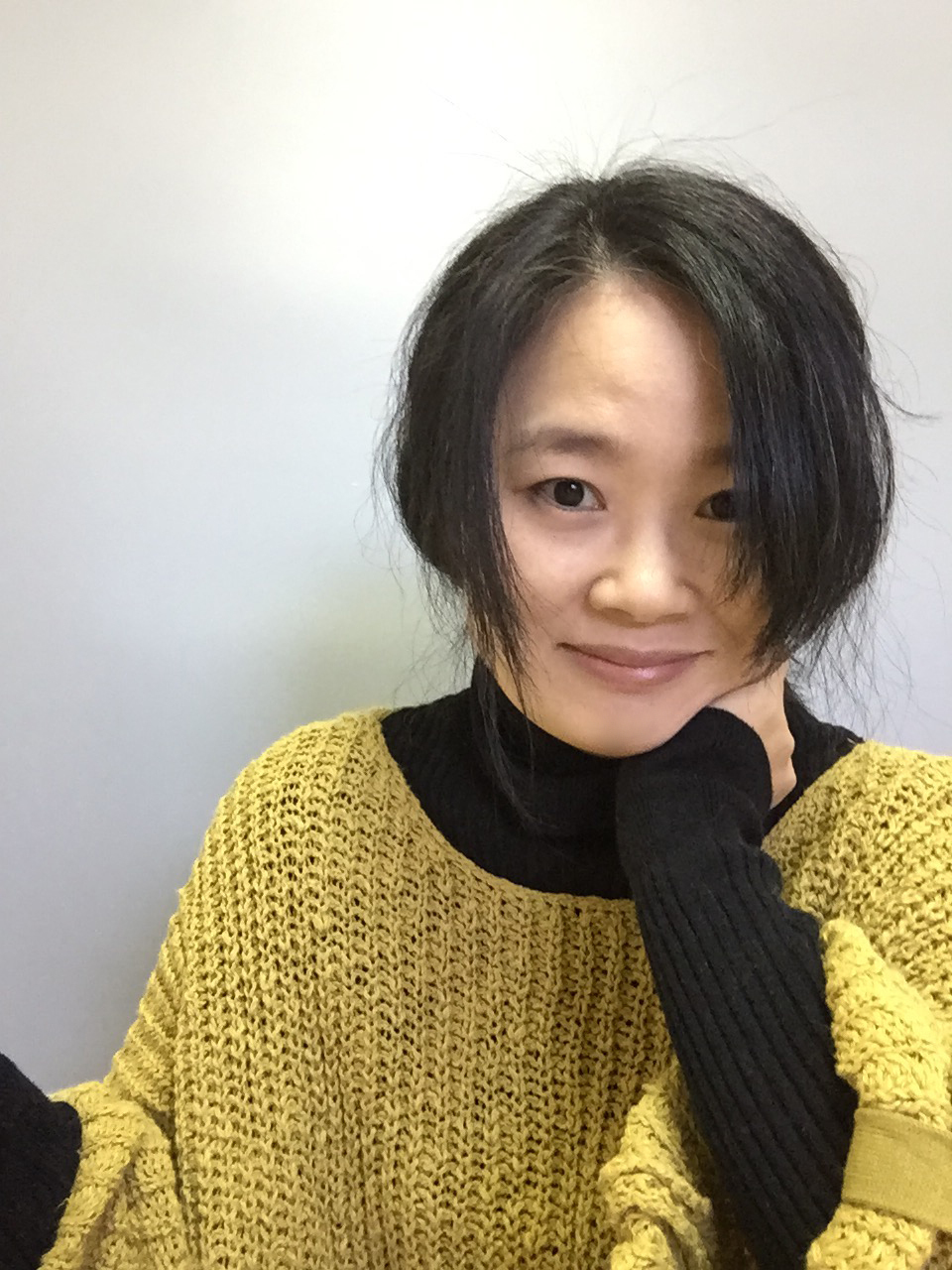
Jang Eun-Jin (born 1976) is a female South Korean writer. Jang attended Cheonam National University in Gwangju from which she graduated with a degree in Geography. She has published four novels and a collection of short stories and has won three literary prizes in total The Chonnam Ilbo New Short Story Award in 2002, the Joongang Ilbo New Writers Contest in 2004, and the 14th annual Munhakdongne Award in 2009. Jang has had one book translated into English, No One Writes Back (Translated by Jung Yewon), which The Guardian reviewed as, “An extraordinarily rich and moving novel about a young man's journey through South Korea with his dog” Her subject is communication, or its absence, and the book is written as a picaresque. It is the story of a young man, MP3 player and blind dog, and their three-year goal-less journey, and who they meet on that journey. The fellow travelers are anonymous, earning numbers in replacement for names, but the narrator nonetheless writes them letters, in the hope that someday a letter will come back.
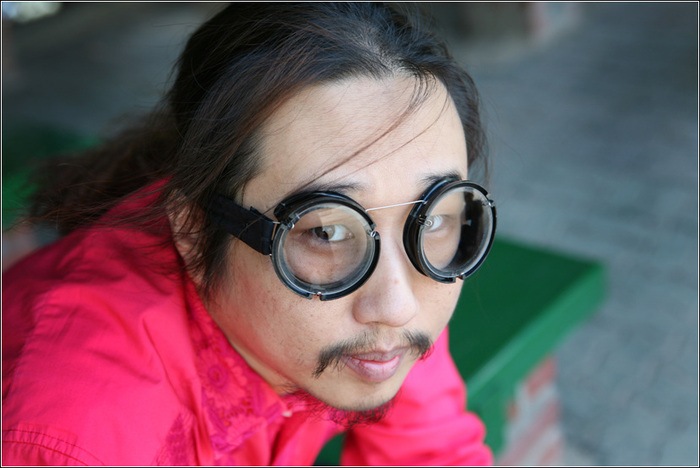
소설가 박민규 Born in 1968, Park Min-gyu published his first book Legend of the World's Superheroes in 2003, for which he was awarded the Munhakdongne New Writer Award.